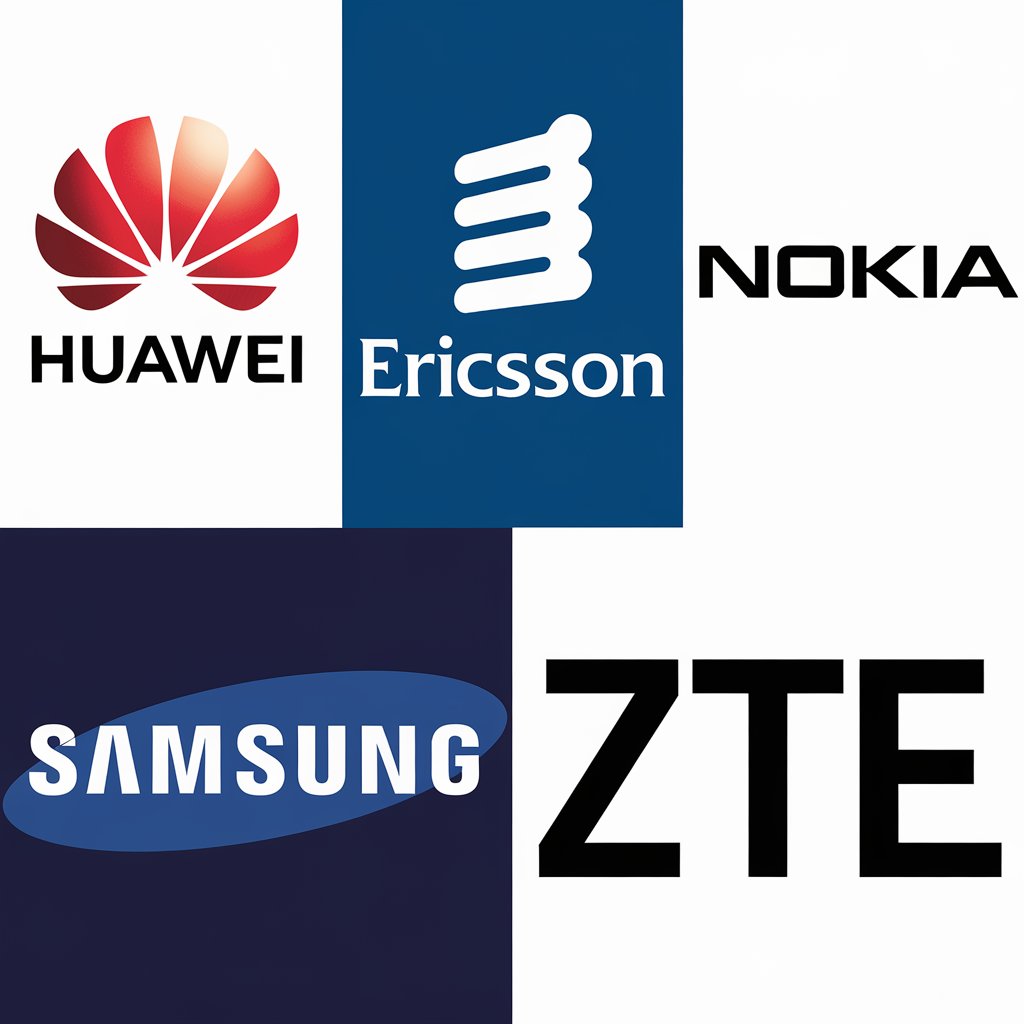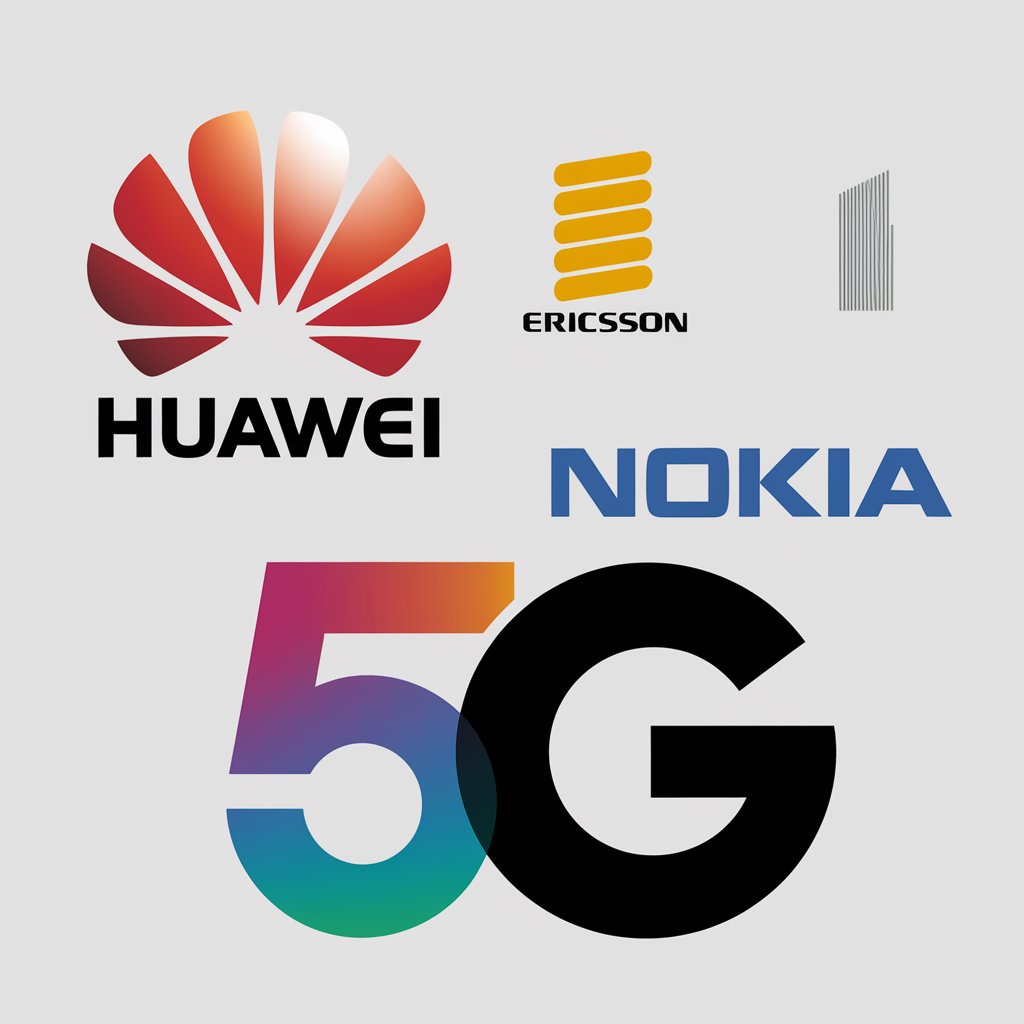As 5G technology continues to evolve, private 5G networks are gaining significant traction across industries. Unlike public 5G networks offered by telecom carriers, private 5G networks are customized, secure, and tailored specifically for individual enterprises. These networks provide businesses with high-speed, low-latency connectivity, enabling advanced applications in industrial automation, IoT, smart factories, and more. As industries rapidly adopt private 5G for operational efficiency, several companies are emerging as leaders in providing these solutions.
https://www.marketsandmarkets.com/pdfdownloadNew.asp?id=213955658
Private 5g Market Ecosystem

The private 5G Top Companies is dominated by established and financially sound manufacturers with extensive experience in the industry. These companies have diversified product portfolios, cutting-edge technologies, and strong global sales and marketing networks. Leading players in the market include Huawei Technologies Co., Ltd. from China, Telefonaktiebolaget LM Ericsson from Sweden, Nokia from Finland, Samsung Electronics Co., Ltd. from South Korea, ZTE Corporation from China.
1. Huawei Technologies Co., Ltd. (China)
Huawei remains a dominant player in the global telecommunications market, and its role in the private 5G ecosystem is no exception. Huawei’s private 5G solutions focus on delivering end-to-end connectivity for enterprises, particularly in manufacturing, ports, mining, and energy sectors. Huawei’s private networks are known for their integration with cloud computing and AI, enabling highly optimized, intelligent systems that enhance automation and real-time data analytics.
Key Offerings:
- Comprehensive private 5G networks with edge computing and AI.
- Solutions for mission-critical operations in industrial environments.
- A strong presence in China, Southeast Asia, and other emerging markets.
Despite political challenges in certain regions, Huawei continues to innovate in private 5G and lead industrial 5G adoption, especially within China.Despite concerns over security and its restricted access to Western markets, Huawei continues to see success in Asia, the Middle East, and parts of Africa, thanks to its superior technical solutions and cost-effective deployments.
2. Telefonaktiebolaget LM Ericsson (Sweden)
Ericsson is a global leader in telecommunications and a pioneering force in 5G. Its private 5G solutions are designed for industries like logistics, utilities, and transportation, where high-performance, secure, and scalable connectivity is essential. Ericsson’s offerings allow enterprises to deploy private networks quickly, facilitating industrial IoT, network slicing, and real-time automation.
Key Offerings:
- Ericsson Private 5G, a pre-integrated solution that allows for flexible deployment.
- Specialization in network slicing for dedicated connectivity for critical applications.
- Expertise in deploying industrial-grade 5G for logistics and public safety sectors.
Ericsson’s leadership in RAN (Radio Access Networks) and partnerships with cloud providers make it a top choice for enterprises looking to build highly customized private 5G networks.

3. Nokia (Finland)
Nokia has positioned itself as a key player in the private 5G ecosystem with its comprehensive Nokia Digital Automation Cloud (DAC) solution. This platform allows businesses to set up private 5G networks easily, offering secure, high-performance, and scalable connectivity. Nokia’s private 5G solutions are widely adopted in industries such as manufacturing, mining, energy, and logistics, where it supports automation, robotics, and IoT integration.
Key Offerings:
- Nokia DAC: A plug-and-play private 5G solution.
- Expertise in industrial IoT, supporting real-time operations and data-driven decision-making.
- Strong emphasis on network slicing and edge computing.
With partnerships across industries, Nokia is helping enterprises globally to unlock the full potential of private 5G for mission-critical operations.Nokia has been instrumental in deploying some of the world’s largest private 5G networks, such as those for Deutsche Bahn and Volkswagen, positioning itself as a leader in the digital transformation of industries.
4. Samsung Electronics Co., Ltd. (South Korea)
Samsung’s leadership in the 5G ecosystem extends to private networks as well. With a focus on enterprise applications, Samsung offers private 5G solutions that integrate with advanced technologies like multi-access edge computing (MEC), IoT, and AI to enhance smart factories, autonomous vehicles, and industrial automation. Samsung’s solutions are gaining traction in sectors like manufacturing and transportation, where secure, real-time connectivity is paramount.
Key Offerings:
- Expertise in mmWave technology for high-capacity, low-latency networks.
- Integration of 5G with MEC for faster data processing at the edge.
- Solutions designed for smart cities, manufacturing, and logistics.
Samsung’s extensive experience in consumer electronics, combined with its strong 5G R&D, positions it as a leading innovator in private 5G networks.
Samsung’s dominance in its domestic market, South Korea, a global leader in 5G, provides it with valuable insights and a competitive edge in developing cutting-edge private 5G solutions for enterprises worldwide.
5. ZTE Corporation (China)
ZTE is a significant player in both the public and private 5G ecosystems. The company’s private 5G solutions have seen extensive adoption in China’s industrial sectors, including ports, oil and gas, and smart manufacturing. ZTE’s focus on ultra-reliable low-latency communications (URLLC) and massive machine-type communications (mMTC) makes its private 5G networks ideal for critical applications requiring high-speed connectivity and reliability.
Key Strengths:
- Advanced 5G core network solutions with integrated AI capabilities.
- Industry-specific 5G applications for sectors like mining and energy.
- Strong presence in China’s industrial automation market.
ZTE’s aggressive investment in R&D and close alignment with government-backed 5G initiatives, particularly in smart city projects, continue to boost its global competitiveness.
Other Notable Players
While the aforementioned companies dominate the private 5G landscape, other notable players are carving out their space in this dynamic market:
- Cisco Systems (USA): Known for its networking expertise, Cisco is focusing on private 5G solutions combined with its enterprise Wi-Fi offerings to deliver seamless connectivity and security for enterprise clients.
- Qualcomm Technologies, Inc. (USA): As a leader in 5G chipset technology, Qualcomm plays a key role in the hardware ecosystem of private 5G networks, particularly in enabling edge devices and IoT connectivity.
- Verizon Communications Inc. (USA): Verizon has invested heavily in developing private 5G networks, particularly in the U.S., targeting industrial automation and enterprise 5G services.
- Deutsche Telekom (Germany): Partnering with various industries, Deutsche Telekom provides private 5G services tailored for European enterprises, focusing on secure and localized connectivity.
The private 5G market is rapidly evolving, with established telecom giants like Huawei, Ericsson, Nokia, and Samsung leading the charge in deploying these specialized networks. These companies not only provide the infrastructure but also customize solutions tailored to industry-specific needs, enabling businesses to achieve higher automation, data security, and operational efficiency. As private 5G adoption accelerates, these players will continue to shape the future of industrial connectivity, further driving the digital transformation of industries globally.
https://www.marketsandmarkets.com/Market-Reports/private-5g-market-213955658.html

